 U.S. Forest Service/Flickr
U.S. Forest Service/Flickr
Science policy
 U.S. Forest Service/Flickr
U.S. Forest Service/Flickr
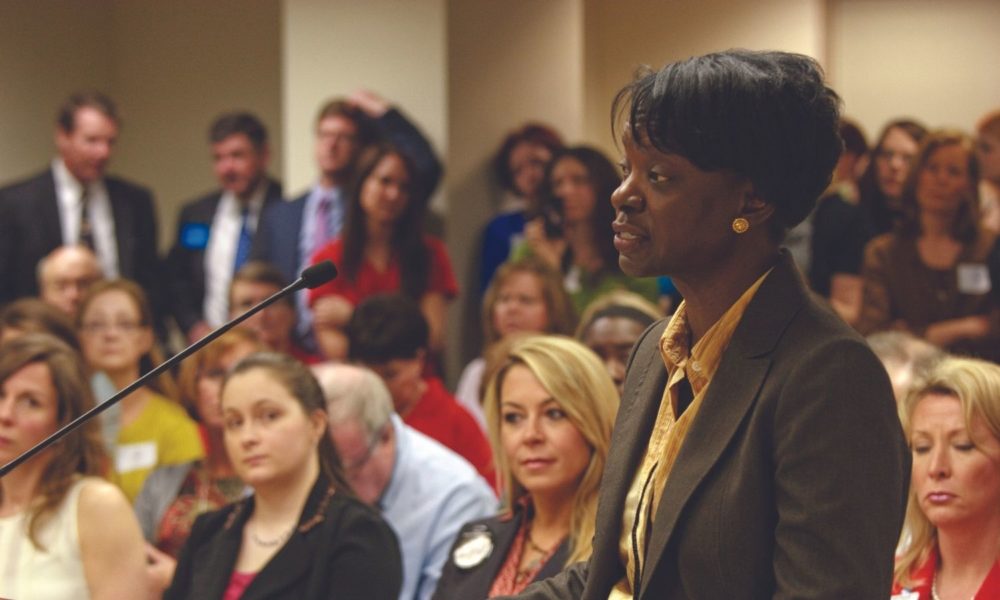 Jay Williams/Flickr
Jay Williams/Flickr
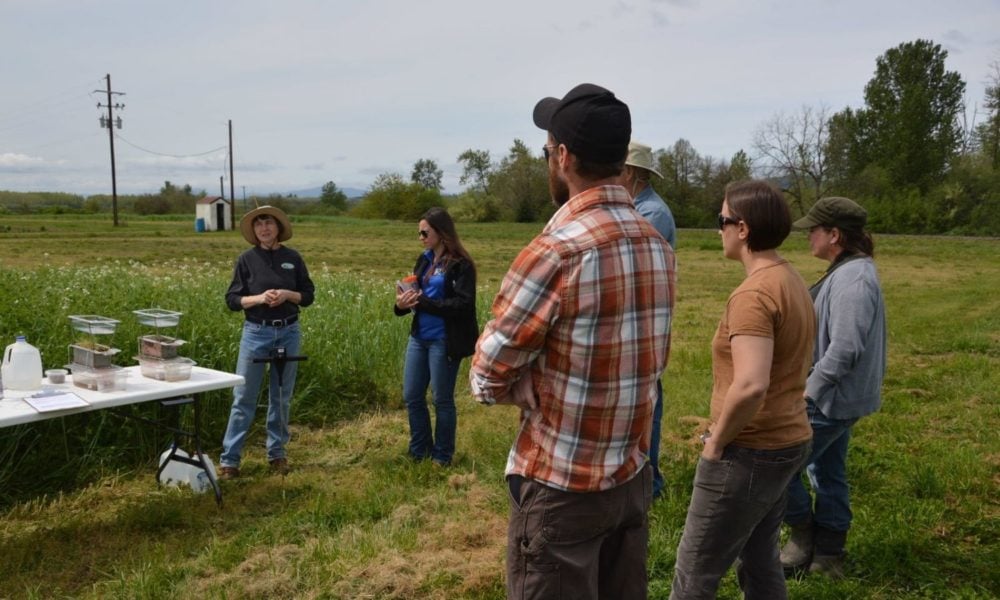 Tracy Robillard/NRCS Oregon
Tracy Robillard/NRCS Oregon
 Abhishek Jacob/Flickr
Abhishek Jacob/Flickr
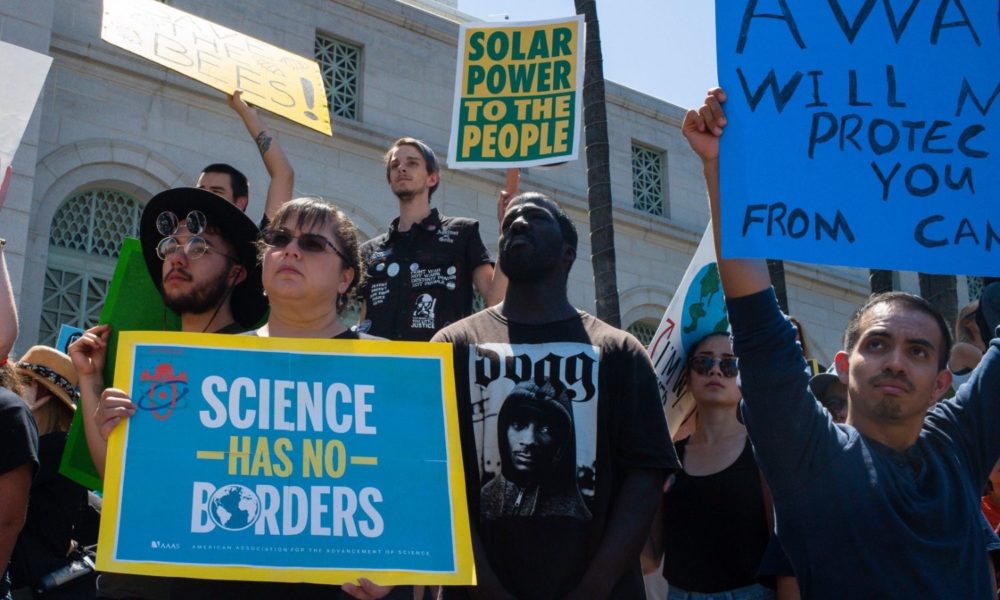 David Patrick Valera/Flickr
David Patrick Valera/Flickr
 Melody Tan
Melody Tan
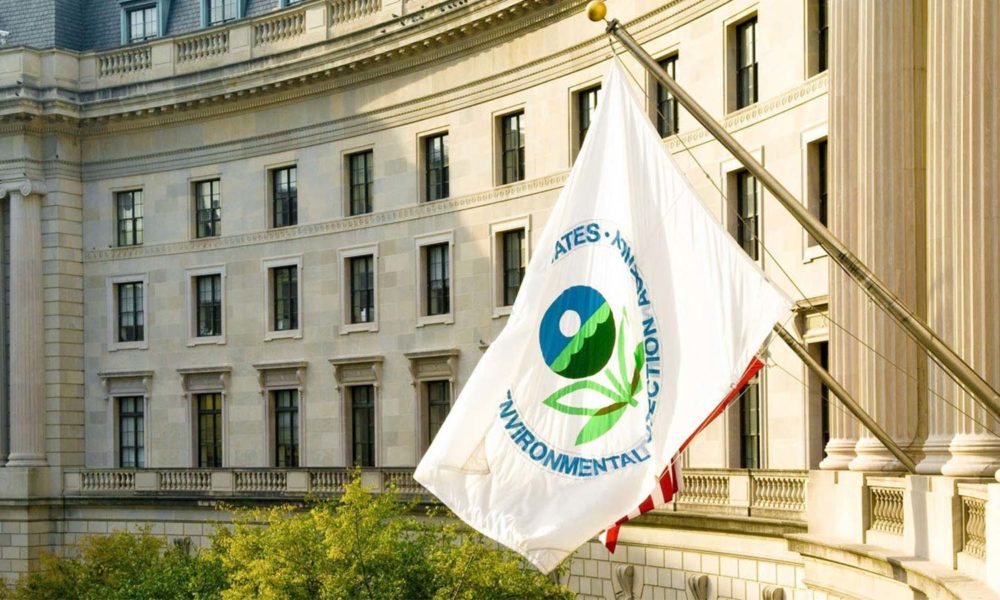 US EPA
US EPA
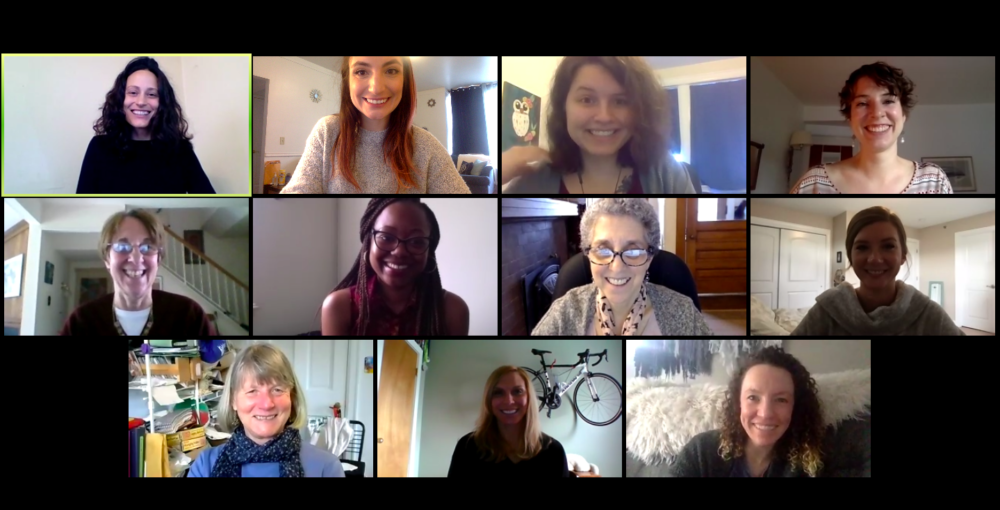
 Matt Wildbore/Unsplash
Matt Wildbore/Unsplash
 Anthony Eyring/UCS
Anthony Eyring/UCS
 Mike Olliver
Mike Olliver


 Science and Democracy Fellows, along with trainers and fellows at COMPASS, gather for their first training.
Science and Democracy Fellows, along with trainers and fellows at COMPASS, gather for their first training.
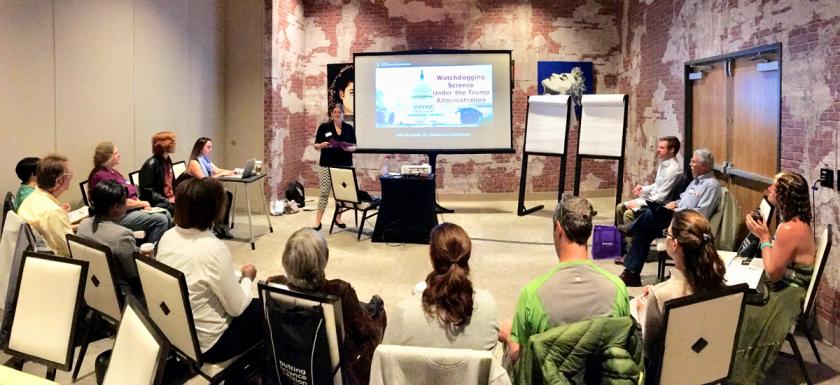
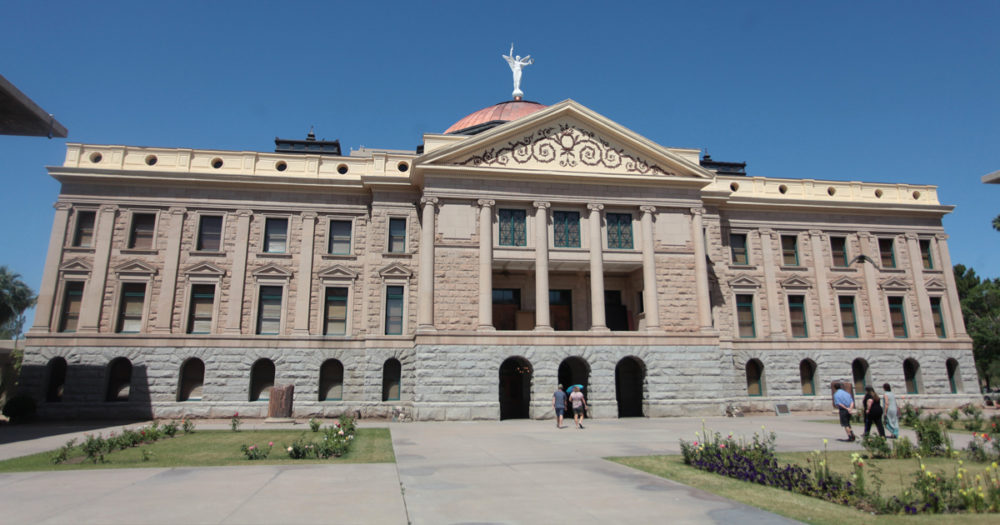 Photo: Gage Skidmore
Photo: Gage Skidmore

 Tim Evanson
Tim Evanson

 Photo: NCinDC/CC BY-ND 2.0 (Flickr)
Photo: NCinDC/CC BY-ND 2.0 (Flickr)
 T. Campbell
T. Campbell
 Architect of the Capitol
Architect of the Capitol
 Photo: Omari Spears/UCS
Photo: Omari Spears/UCS
